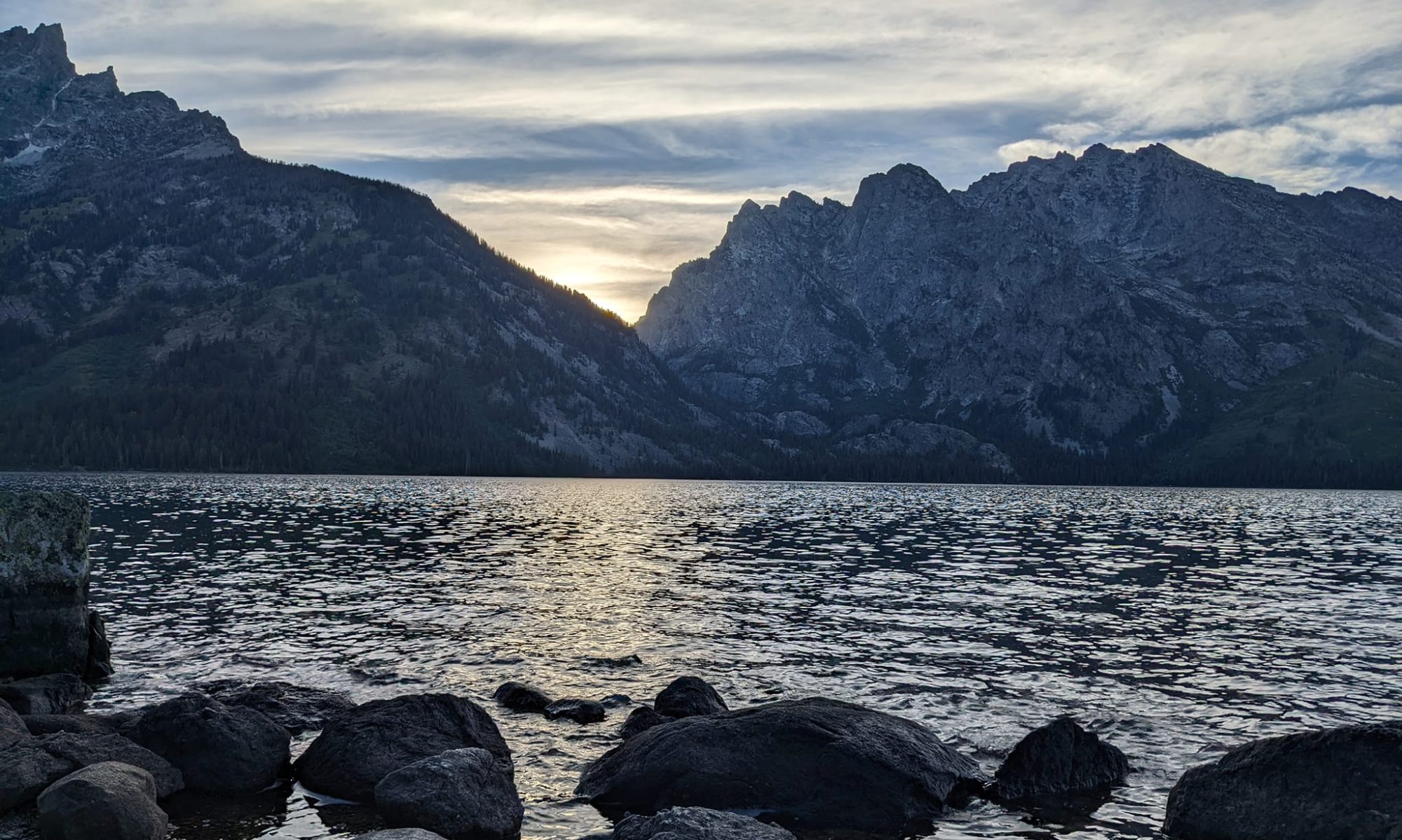Hiking the Pacific Crest Trail didn’t cure my depression—but it did change my life – Quartz – Oct. 5, 2016
For five minutes late on a Friday afternoon, I was completely lost somewhere in the Pacific Northwest. I could not see or hear my friend Ruth, who should have been just behind me on the other side of the ridge. Or the ridge before that. I had crossed a lot of such ridges, thinking I would catch sight of the lake just over the next one.
Classic rookie mistake.
Alone and up to my hips in the middle of a silent green wilderness, I could picture our photos splashed across the newspaper, a cautionary tale of the dangers faced by women who decide to go it alone in the woods. Ruth and I had teased each other about the possibility that we’d need to get rescued during our three-day hike on the Pacific Crest Trail, but I’d never really been worried about dying. The whole point of the trip was to help keep me alive.
What I Needed From the Church During My Depression – Christianity Today – Aug 3, 2016
Speaking at the Democratic National Convention last week, the singer Demi Lovato took advantage of the powerful platform to advocate for mental health care in America. “Like millions of Americans, I am living with mental illness,” she said. “Too many Americans from all walks of life don’t get help, either because they fear the stigma or they cannot afford treatment.”
“Mental illness” is a scary-sounding category that encompasses a broad array of invisible struggles. Look around you on Sunday. Most likely, there are Christians next to you suffering silently from anxiety or panic disorder, bipolar disorder (from which Lovato suffers), dysthymia or major depressive disorder (from which I have suffered). Whether through personal experience or through someone we know, those of us whose lives have been touched by mental health struggles know that getting help can be the hardest part.
We asked each other 36 questions to fall in love. Then we broke up. – The Washington Post Solo-ish – July 27, 2016
Our first weekend as a couple, my boyfriend and I asked each other those 36 questions to fall in love, which appeared in a New York Times Modern Love column last year. We’d been friends for years and were giving things a shot, romantically.
In answering those questions — which covered our lives’ biggest hopes, dreams, fears and regrets — there were not a lot of new revelations. But we both cried over things we shared. It felt like real intimacy. It felt like a sign we were going to last.
Instead, our relationship barely made it three months.
Focus: Movie review – Christianity Today, Feb. 27, 2015
Falling in love with a con man never leads to a happy ending. But Focus scams us into thinking it’s got one, anyhow.
Technology and the Image of God – Breakpoint, Jan. 21, 2014
Our culture loves technology, and few would dispute that technology has changed our perception of reality. But in the newly Oscar-nominated movie “Her,” writer/director Spike Jonze asks whether we can actually be—or, perhaps, whether we already are—in a relationship with our devices…
Bring Back the (Platonic, Cheerful, Unexpected) Mistletoe Kiss – The Atlantic, Dec. 23, 2013
Ignore the romantic comedies and listen to Dickens: This holiday tradition need not be romantic, or creepy…
Help Wanted: Coming-of-Age in a Recession Can Shake Our Faith – Oct. 15, 2013
Most millennials will tell you: We’re never not looking for a job. Recession-style insecurity is our new normal. We live in an age where it’s not uncommon for college-educated adults to move back in with their parents or work multiple part-time jobs…
